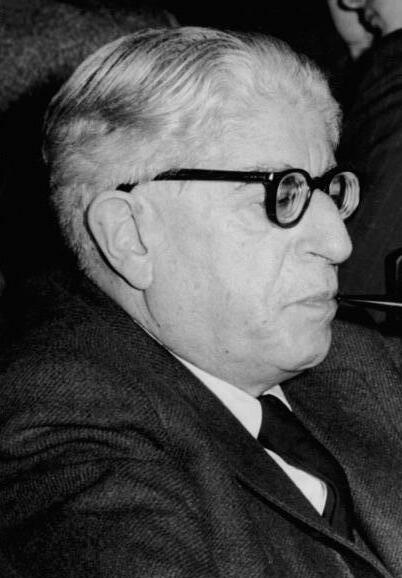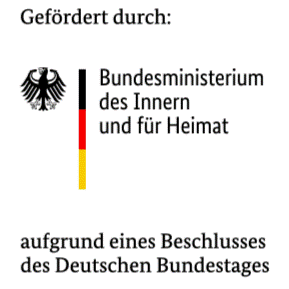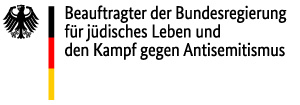Ernst Bloch
(born 1885 in Ludwigshafen am Rhein – died 1977 in Tübingen)
"The problem of freedom is its ambiguity."*
Ernst Bloch, a Marxist-inspired philosopher, criticised bourgeois society—and hoped for a fairer world. Ernst Bloch grew up in the German Empire as the son of a railway employee in a Palatinate-Jewish family. The Jewish religion did not play a significant role in the Bloch family home. Early on, he was outraged by the contrast between the proletarian environment of his hometown of Ludwigshafen and nearby bourgeois Mannheim. At the time of the First World War, Bloch attracted attention as a committed opponent of the war, resulting in his falling out with former friends and his eventual immigration to Switzerland. In the course of the National Socialists’ seizure of power, he was expatriated and—like fellow thinkers Horkheimer and Adorno— moved to the USA. Here, he became involved in the journalistic struggle against the Nazi regime and wrote his philosophical magnum opus, Das Prinzip Hoffnung (The Principle of Hope). In 1949, he returned to Germany, where he settled in the GDR and took on an apprenticeship in Leipzig. His belief in the emancipatory potential of socialism, however, was to be met with disappointment. Referencing the Hungarian Uprising of 1956, Bloch expressed criticism of Moscow’s actions and the party leadership of the SED (Sozialistische Einheitspartei Deutschlands, Eng.: Socialist Unity Party of Germany). Shortly thereafter, he was forced into retirement. Bloch moved to the West and became committed to a critical examination of National Socialism and against the war in Vietnam. His utopian programme of a liberated society as well as his passionately invoked hope for the “not-yet-become”, intended to provide a directive to people of the present, made Ernst Bloch a key figure in the political youth movement of 1968.
*Bloch, E., Complete Edition, Vol. 5, Das Prinzip Hoffnung (The Principle of Hope), Frankfurt/Main. 1959.






